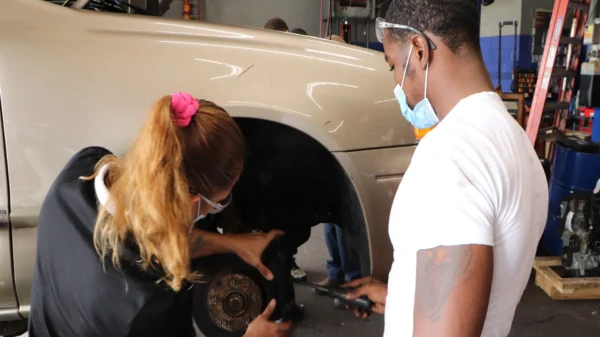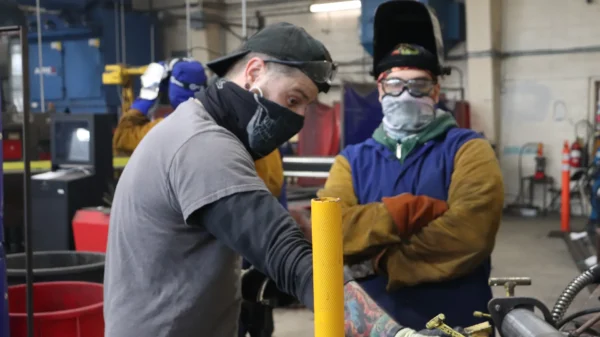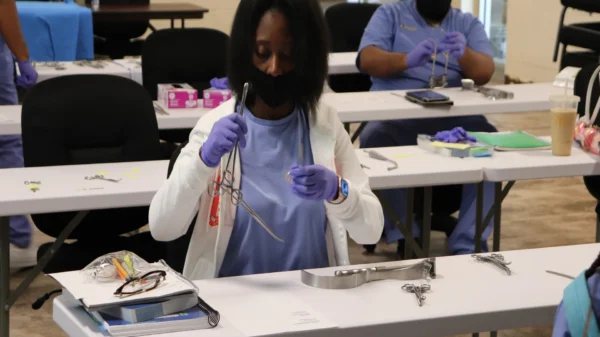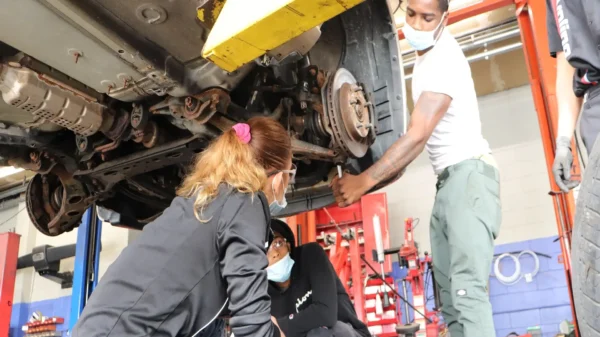Skilled trades is a career that requires special skills, awareness and ability which can be attained at a college, technical school or through specialised practice. Skilled trades give an alternative to jobs that mandate four years of a college education. A skilled trade job offers similar benefits as a white-collar profession without the cost of a degree.
Types Of Skilled Trades
While the trade jobs can be distinguished into many areas such as manufacturing, technology, energy, and healthcare, they are normally divided into the following three categories:
- Skilled Industrial Trades: These consist of welders, technicians, mechanics, equipment and die producers, programmers.
- Skilled Construction Trades: These constitute electricians, plumbers, gasfitters, carpenters, mechanics.
- Skilled Service Trades: They comprise nurses, assistants, orderlies, therapists, service technicians.
Reasons To Switch To Skilled Trades
Make A Good Living
According to the U.S. Bureau of Labour Statistics, entry-level sheet metal workers made an average of $44,190 annually. A master tradesperson can request an even better salary. The average college graduate earned less than $50,000. Salaries differ between state, company size, experience, business, and level of education. Eventually, skilled trade jobs consistently make a good living.
Gain Experience Immediately
Some people do not perform best in a classroom environment. They are not great test takers and wish to learn on the job. They would rather get into the “real world” and create their resume with knowledge instead of education.
In skilled trade jobs, learners immediately work on projects and acquire viable certifications. They do not compete for unpaid internships. They are already on the floor learning from skilled professionals.
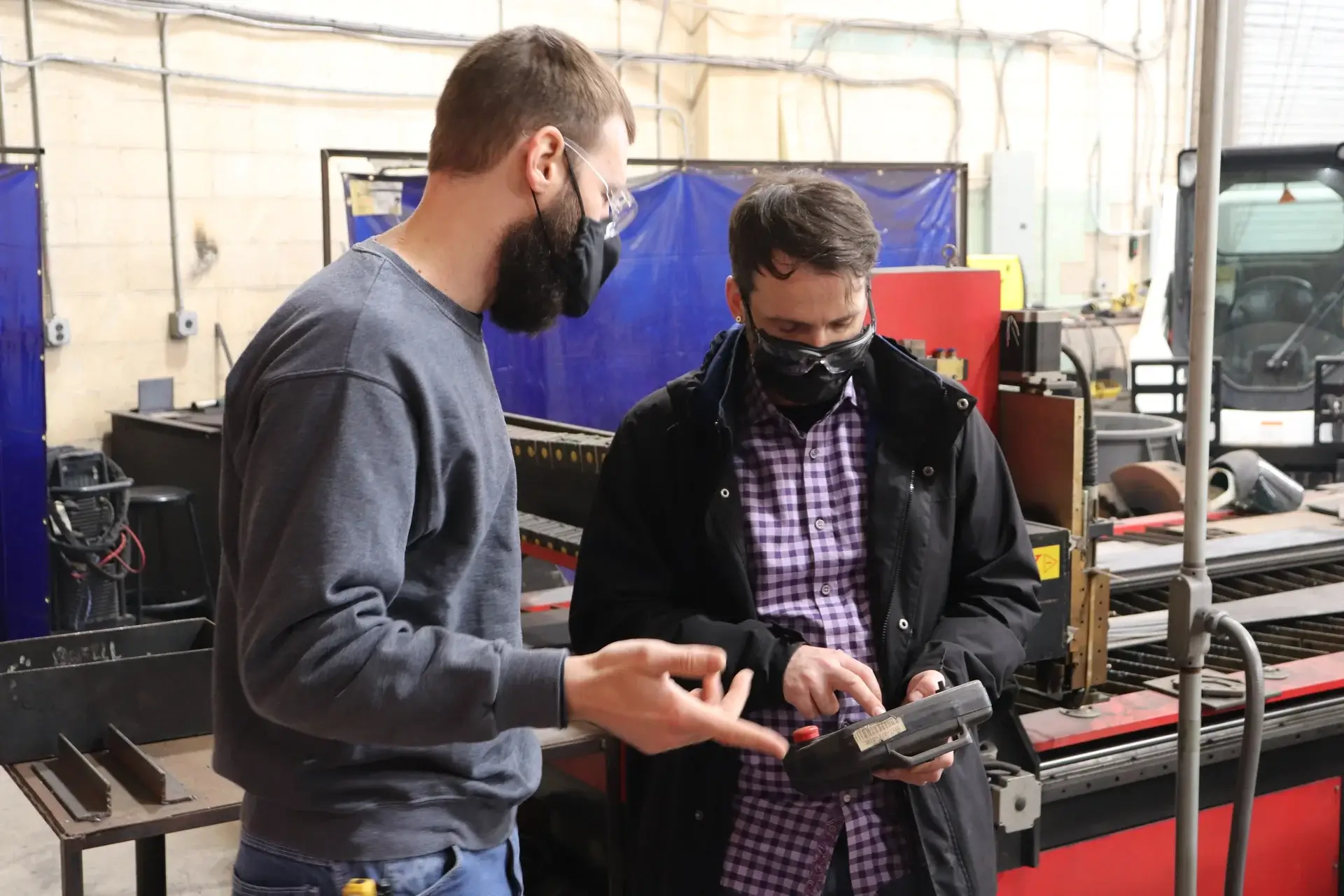
Takes Half The Time And Money
While 4-year college students are still in the classroom, trade skill students are graduates and receive an income after about 2 years.
The cost to study in college continues to go up. Surveys show that the average cost for a bachelor’s degree at a college in the United States is $127,000. Maximum students have to take out loans to pay for college. With the interest on those loans, you are left with no option but to pay back much more. Moreover tuition, you have to pay for food, housing, books, and more. College is not inexpensive.
Do What You Are Good At
Plenty of college graduates leave with a degree in one area but end up working in a different area. Why earn a $40,000 to $160,000 degree and sit for any job that is hiring? After learning trades, you have the essential education, skill set and certification in your hands. This opens up employment and career doors letting you start your own business or apply for a highly specific job-and likely get it.
Skilled Trades In Pop Culture
If you turn on your TV or watch a film, you will likely see qualified tradesmen working in all kinds of capacities. On your favourite house renovation and building shows, building workers, foremen, and general contractors oversee and conduct the work.
On the favourite show, “Dirty Jobs,” the host, Mike Rowe, embraces all types of skilled workers. In doing so, he acquires the ins and outs of doing certain jobs. Many of these tasks are in trades such as plumbing, coal mining, caring for animals, etc. When Rowe does these jobs, he realises how tough people in skilled trades work to achieve results.
More Reasonable Price Tag
A lot of people do not consider higher education because of its heavy price tag. According to The College Board, the regular cost of tuition at a public college for a United state student is about $10,000 per year. If you are an out-of-state student or at a private school, the college will be more expensive.
With an affiliate degree at a trade school or community college, many learners graduate with little or no debt. It offers an accessible price tag, higher scholarship availability, and easy-to-apply grants and loans.
While many college graduates quit school with little “real world” knowledge and a mountain of student loan debt, those that seek skilled trade careers carry less debt weight. They also accumulate “real world” knowledge and applicable skills while learning on the job.

Huge Need For Master Tradespeople
With the baby boomer era retiring, a huge opportunity and vacancy awaits millennials and Generation Z to achieve positions in trade careers. Aside from mass job openings, there is always a need for metal fabricators, welders, plumbers, carpenters, and many more. Because careers like these are always in demand, there is sufficient opportunity and strong job security.
Job Potential in Skilled Trades
The United States Bureau of Labor Statistics foresees rapid growth for several skilled trade jobs over the succeeding few years. Construction labourer jobs should boost by thirteenth per cent between 2016 and 2026, which is more rapid than average growth.
This translates to more than 183,000 employment that should open up by 2026. For plumbers, pipefitters, and steamfitters, the development rate prediction is 16 per cent which is much faster than average. Other skilled trades show high advancement and improvements rates as well, so career in trades is highly sought after.
Conclusion
Skilled trades give you practical and valuable skills, insure less student loan debt, and enable you to earn experience and education. Additionally, trades are always in demand. With so many benefits to a trade career, it should be considered a better viable option in the professional world.








